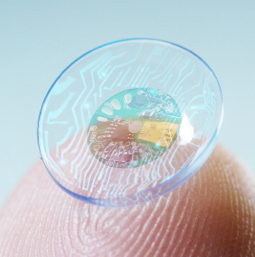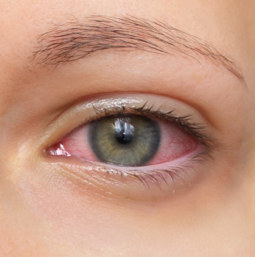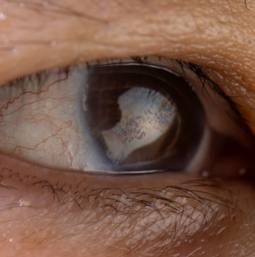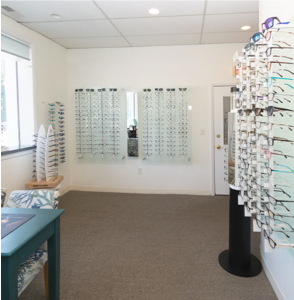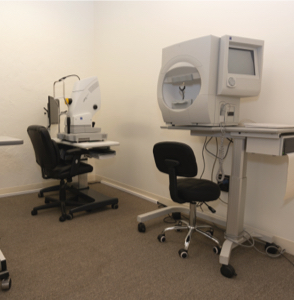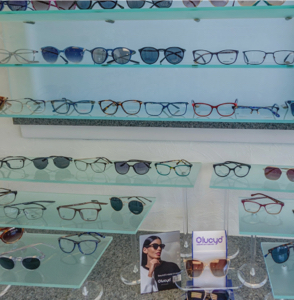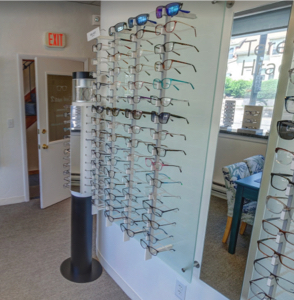Swimming is a source of joy and exercise. But for those of us whose vision is not naturally 20/20, taking a dip with contact lenses can raise a few concerns.
It is not recommended to wear contact lenses when going into the water, either swimming or bathing. Caring for your eye health does not mean missing out on the joy of swimming—just a few mindful steps can keep your vision clear and your dives carefree.
How Can I Swim with Bad Eyesight?
Vision-challenged swimmers among us understand the inconveniences of swimming without aid. Glasses do not fare well in the pool, and prescription goggles, while helpful, sometimes are not convenient.
Contact lenses offer clear vision as long as they are in your eyes. But is swimming with them an eye hazard?
The Benefits of Contacts for Swimmers
Contact lenses offer a full field of vision without the inconvenience of foggy eyewear, sliding glasses, or the drag that comes with sports goggles. For swimmers and water athletes, this natural-feeling vision correction can make a significant impact on performance and comfort. But some risks do exist.
The Convenience of Disposable Contacts
If you are an avid swimmer, disposable contact lenses can offer a middle ground. These lenses, designed for one-time use, can mean less worrying about damage or infections caused by extended wear.
Ready to go for your morning laps? Pop in a fresh pair before you start, and when you are done, dispose of them—simple and safe!
Is It Ok to Wear Contacts in a Pool?
The purity of pristine pool water is only sometimes what it seems. Despite chemicals like chlorine and bromine working invisibly to eliminate bacteria, a pool is not devoid of living organisms.
Advice against wearing contacts in a pool is usually linked to the potential risks of getting waterborne microbes or chemicals in your eyes due to the lens’s ability to act as a sponge.
Chlorine & Your Eyes
Chlorine is a powerful disinfectant that helps keep pool water safe by killing harmful bacteria. However, when chlorine combines with organic matter (like sweat and oils), it can form chloramines, which are less effective and more irritating to the eyes. If you wear contacts, these chloramines can build up and increase your risk of eye irritation or infection.
Beware of Waterborne Microbes
Unfortunately, chlorine is not enough to keep pools 100% free from bacteria and viruses. The Centers for Disease Control and Prevention (CDC) warn that even well-maintained pools can harbor various germs that can cause eye infections. These germs can enter the eye through contact lenses and potentially cause irritation, inflammation, or infection.
Acanthamoeba & the Pool’s Microbial Jungle
The real danger in the pool is not the chlorine, but the resilient and often resistant microbes, like Acanthamoeba, that can cause severe eye infections. These single-celled organisms are often found in soil and water and can thrive in pool environments, especially when levels of chlorine dip or the pH balance is off.
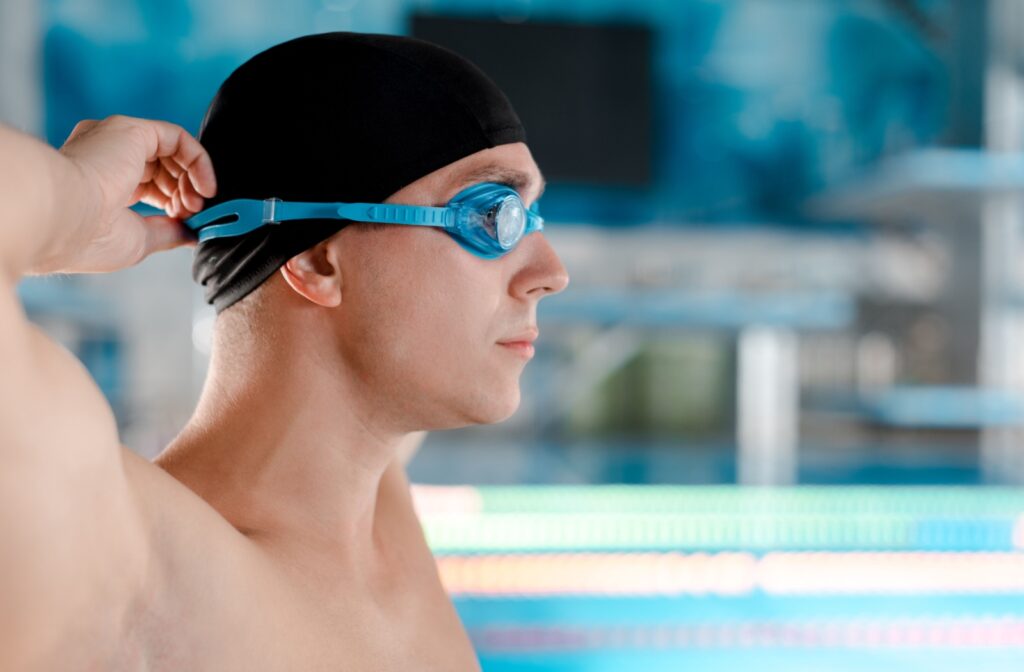
How to Protect Your Eyes When Swimming with Contacts
Despite these risks, there are ways you can safely swim with your contact lenses. Here are some tips to keep in mind:
- Wear goggles over your contacts: This extra layer of protection can help prevent water from getting directly into your eyes and potentially reduce the risk of infection.
- Use daily disposable contacts: These lenses can provide a safer option for swimming as they are designed for one-time use and do not need to be worn outside the pool.
- Rinse your eyes after swimming: Once you are done swimming, give your eyes a good rinse.
Can You Wear Contacts While Underwater?
The contact lens community is divided here. While some experts advise against it, others are less stringent, especially when it comes to short dips and casual swimming. The primary concerns involve the potential of lenses dislodging, decreasing the oxygen supply to the cornea, and the risk of infection.
To swim with contact lenses should come with a “do so at your own risk” disclaimer. Vigilance in having a secure fit, avoiding opening your eyes underwater, and removing your lenses as soon as possible afterward can significantly reduce risks.
Navigating the Water with Contacts
Swimming with contact lenses is a matter of personal choice and risk assessment. While the consensus leans toward caution, many swimmers continue to take the plunge with their contact lenses in. For those with a passion for water sports and less-than-perfect vision, it is essential to weigh the convenience of clear sight against the potential risks.
Consider disposable lenses, swimming-specific eyewear, or classic eyeglasses for protection and hygiene. I
nterested in contact lenses? Contact us at Rock optiX for a thorough eye exam and contact lens fitting. Our team can give you the guidance you need to enjoy your favorite water sports without worry.






